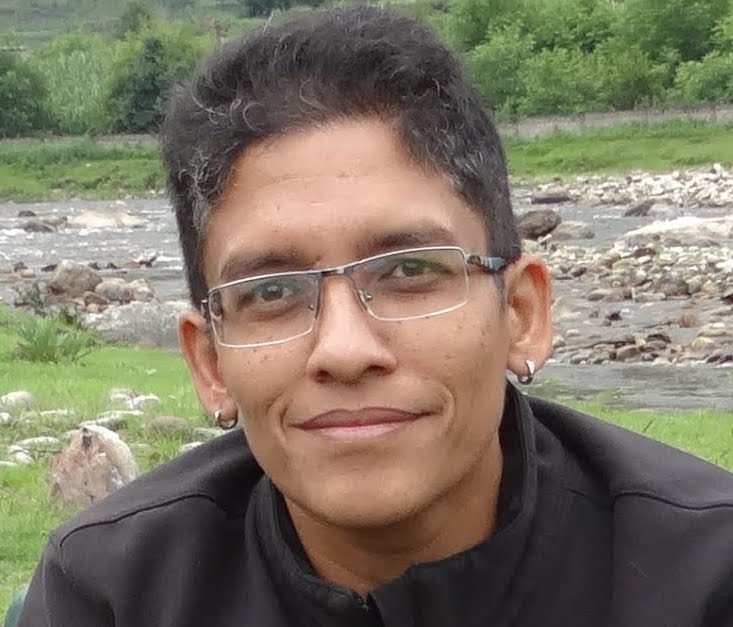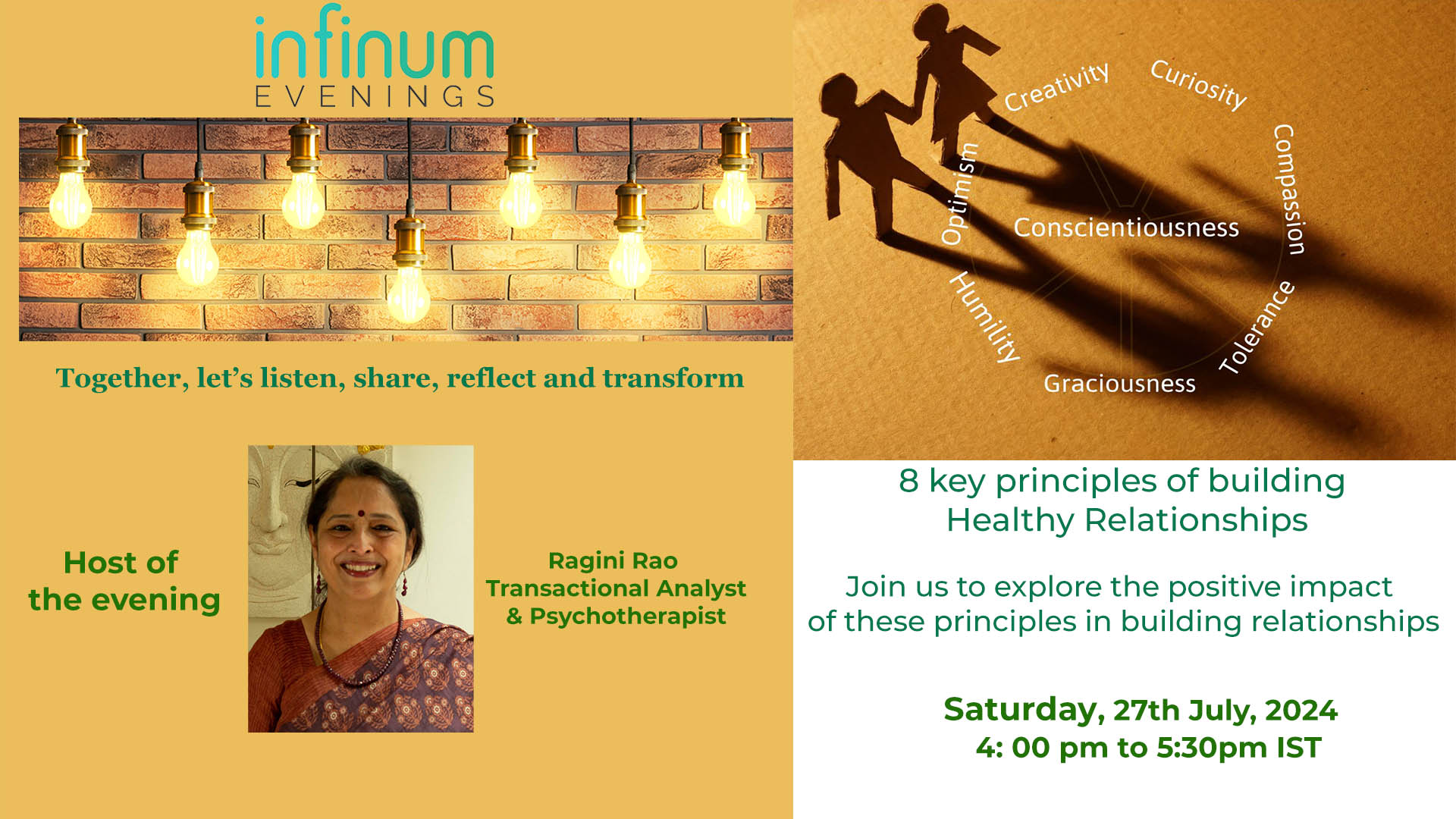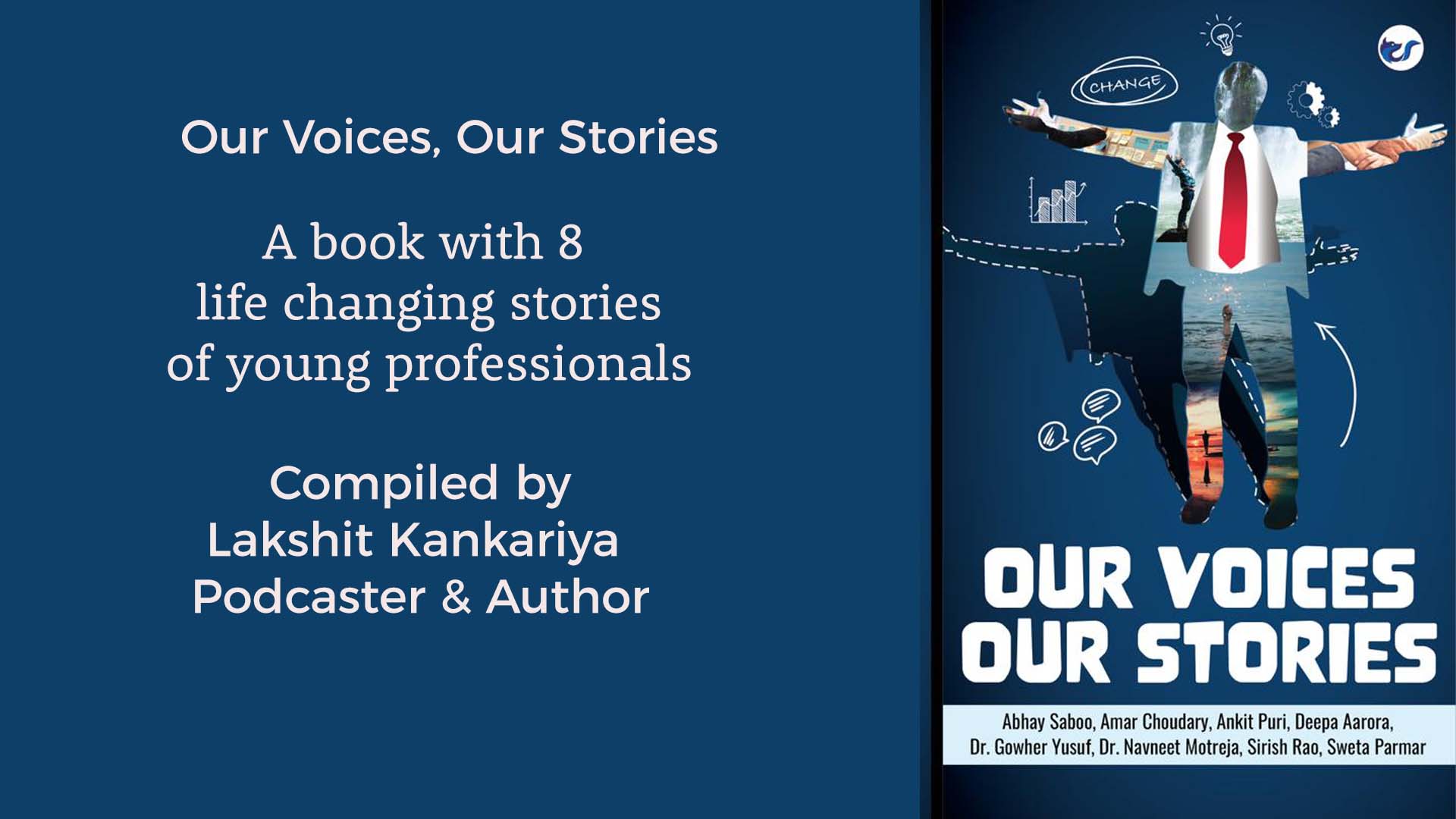“What I am is good enough, if I would only be it openly.” – Carl Rogers
My line of work keeps me routinely positioned to either reflect and work on ‘self-development’ or to advocate and assist others who are on the same journey. People on the journey to self-development are driven to do so either by the motivation to ‘become a better person’; or, by difficult circumstances and life situations that demand that they feel, think and act differently, to overcome them. It is about the former that I talk here, as these voluntary journeys we begin, hoping to find ourselves the pot of gold at the end of the rainbow.
Bringing on Allies helps in the Self Development Journey
Allies are co-opted into helping an individual on the journey. They come in various roles and forms, with an enormous volume of wisdom and strength to offer to the traveler. They provide insights on how to be mindful, to risk being vulnerable, to apply objective thought. Also, to discern what is useful feedback and what may not be relevant or important; and to commit to the change. We are also told the journey is long and slow, and that persistence pays off.
Some experiences through the Self Development Journey
It has been my journey as well. What I write of are from my personal reflections that are current and ongoing – and from vicariously experiencing it through others. My fears are real and alive and beg attention.
- I feared that as I focused on becoming a competent therapist; welcoming all the feedback I got, becoming increasingly mindful of my behaviours, opinions and biases, emulating all the goodness that I observed in other peers and seniors; I was changing fundamentally. I was becoming increasingly critical of myself. I thought my tone was too harsh; I was too distant and intimidating; I lost patience too soon, too often; I was too opinionated and so on. I was, further, never satisfied with my efforts; and with what I was changing into. It seemed like I had left behind who I was, but never quite became what I would have liked to.
- A colleague I worked with had received feedback from multiple sources, about what he needed to do to grow in his career. He was brilliant at his work. He was an asset to the organisation he worked at, if only he could tone himself down a bit; could become more amiable with his team members; and could reduce his expectations from his co-workers. His efforts at personal change were visible. He was now less critical; he socialised with team members more often; and he seemed to become less stubborn. He also became less involved, made more compromises on the quality of work and let go of his assertive positions when faced with opposition.
- A friend was frequently told she needs to speak up more often; that she was too quiet, too accommodating and helpful; that she shouldn’t let herself be taken for granted; that she ought to have her own opinions on matters; and, that she should be more outgoing and social. She tried hard. She became painfully aware when she was not participating in a discussion. She wracked her brains to say something; anything. She learnt to say ‘No’ to friends and family; and, she suffered the feelings of guilt and shame each time she did it. She took considered positions on issues, though she would have liked to stay away from such matters. And she would awkwardly ask her friends – me and others – whether she was doing it all right.
Questions and Self Doubts come up through the Self Development Journey
From the start, to a while into the journey, one is assailed by these questions and more:
- What should I change?
- How much should I change?
- Will I ‘lose myself’ if I try so hard to be something else?
- Have all my efforts made any difference? Do others realise I am trying so hard; and what I have achieved?
- Will I be happy if I change?
- Is knowing so much about myself helpful? I seemed more content/ happier/ at peace before I began this quest.
- When can I/ Can I ever call it quits and ‘be myself’?
John M. Fisher’s personal transition curve explained much of it for me (https://peopledevelopmentmagazine.com/2016/10/06/12-emotional-states-change/). Yet, it seemed like a happy ending of ‘acceptance’; and, ‘moving forward’ was the end goal. All other paths seemed like the path to failure, seemed like an escape (a term that has negative connotations and suggests an inability to face one’s reality)
Exploring answers to these questions can cause significant angst, sometimes causing the journey to be abandoned; or, to be retraced. For both the traveler and the ally, the journey then begins to seem dark and arduous; and the goal less achievable and appealing. None of these have easy answers; or, answers at all. This probably is a point of inflection at which to reaffirm the reason one embarked on the journey; to clarify what one seeks, to recommit to the effort; or decide to rest there awhile (and look back on how far one has reached).
It is a point to reclaim one’s agency along the journey; and chart it in a manner that works for oneself. To not inflict further pain on oneself through mindless meandering, but to unfold your own myth!
But don’t be satisfied with stories,
How things have gone with others.
Unfold your own myth,
Without complicated explanation,
So everyone will understand the passage,
We have opened you.
-Rumi
Personal Learnings from the Self Development Journey
In my personal journey, this meant
- Finding my answers to these troubling questions, even if they weren’t congruent with the prevailing popular opinions. One such realisation was that I could simultaneously have multiple personas that seem to be dramatically different from each other. I was the harmonizer, the disruptor, the activist, the meek follower, the listener, the trouble maker and the cold decision maker; all interplaying with each other. This did not have to diminish my presence and availability as a therapist, who could hold another’s distress while battling my own. I gave myself that permission and it was huge!
- Acknowledging, that any change I make, must be for myself and not for another. The exhaustion of trying to change, to suit the other’s expectations from me, became evident. It was a game that kept me feeling sorry for myself and angry at the other. I stopped playing that game.
- Allowing myself to be less than perfect; and, preferring that discomfort over the discomfort of feeling inadequate. A quote doing the rounds in the therapist circles goes: ‘You know too much psychology, when, you can’t get mad because you understand everyone’s reason for doing everything’. I hope I never become that. I hold my ability to be human and fallible very precious.
I now look at my personal transition not as a journey, but as many small strolls into the garden, where I prune an overgrown hedge maybe, remove dry leaves and flowers, rake the lawn and sit awhile under the lush canopy of the trees that grow freely, unhindered and full of life.
Please do leave your comments at the bottom and do share with others if you like this article.

















Nice article by Ms. Smita Chimmanda